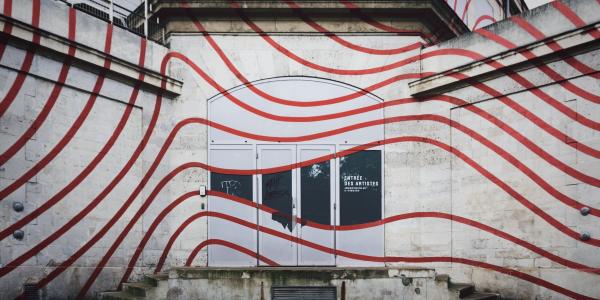Multidirectional Memories, Implicated Subjects, and the Possibilities of Art
In this lecture and conversation Michael Rothberg, the 1939 Society Samuel Goetz Chair in Holocaust Studies and professor of English and comparative literature at the University of California, Los Angeles, will discuss his books Multidirectional Memory and The Implicated Subject with a focus on contemporary artworks and possibilities for critical curatorial practices in museums. These globally influential books explore the productive relationship among such different yet related histories and legacies of violence as the Holocaust, slavery, apartheid, and colonialism and their confrontations in the public sphere. Rothberg argues that we need to break from dichotomous thinking about victims and perpetrators, advocating instead for an understanding of ourselves as implicated subjects who inherit histories of violence and structures of inequality. In his lecture Rothberg will address these issues through the work of two renowned artists, William Kentridge and Hito Steyerl. Both the South African artist Kentridge and the German artist Steyerl use diverse aesthetic mediums to explore multidirectional histories and to reflect critically on artists’ and the art world’s implication in injustice.
Following the lecture Rothberg will join Washington University professors Anika Walke (History) and Geoff Ward (African and African-American Studies) in conversation about Memory for the Future, a Washington University initiative that combines critical memory studies with curatorial and public education projects. In partnership with museums, archives, and commemorative projects, this initiative will facilitate reparative and multidirectional memorial practices in St. Louis.
This program is a collaboration among the Mildred Lane Kemper Art Museum, the Center for the Humanities at Washington University, and the Center for the Study of Race, Ethnicity & Equity.
The program will include live closed captions in English.
The lecture is free, but registration is required. Register here >>
Images:
Thumbnail: The Havana Stone, c. 1898, an imperial trophy from a fort destroyed by U.S. forces the Spanish-American War. The keystone was sent to WUSTL by a military officer and former professor, then embedded in the facade of Brookings. Source: Kemper Art Museum.
Header: Pierre Chatel Innocenti at Unsplash.
Register Here
